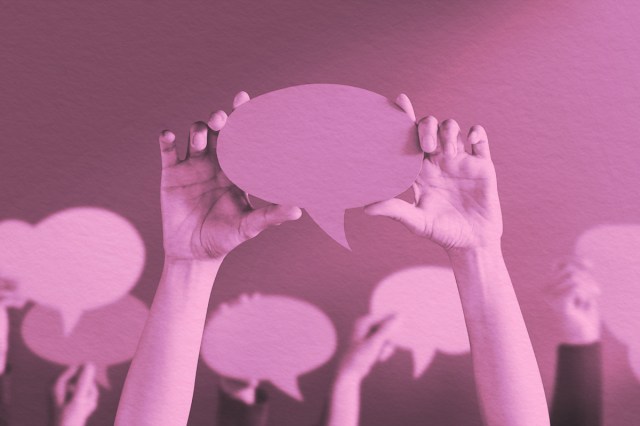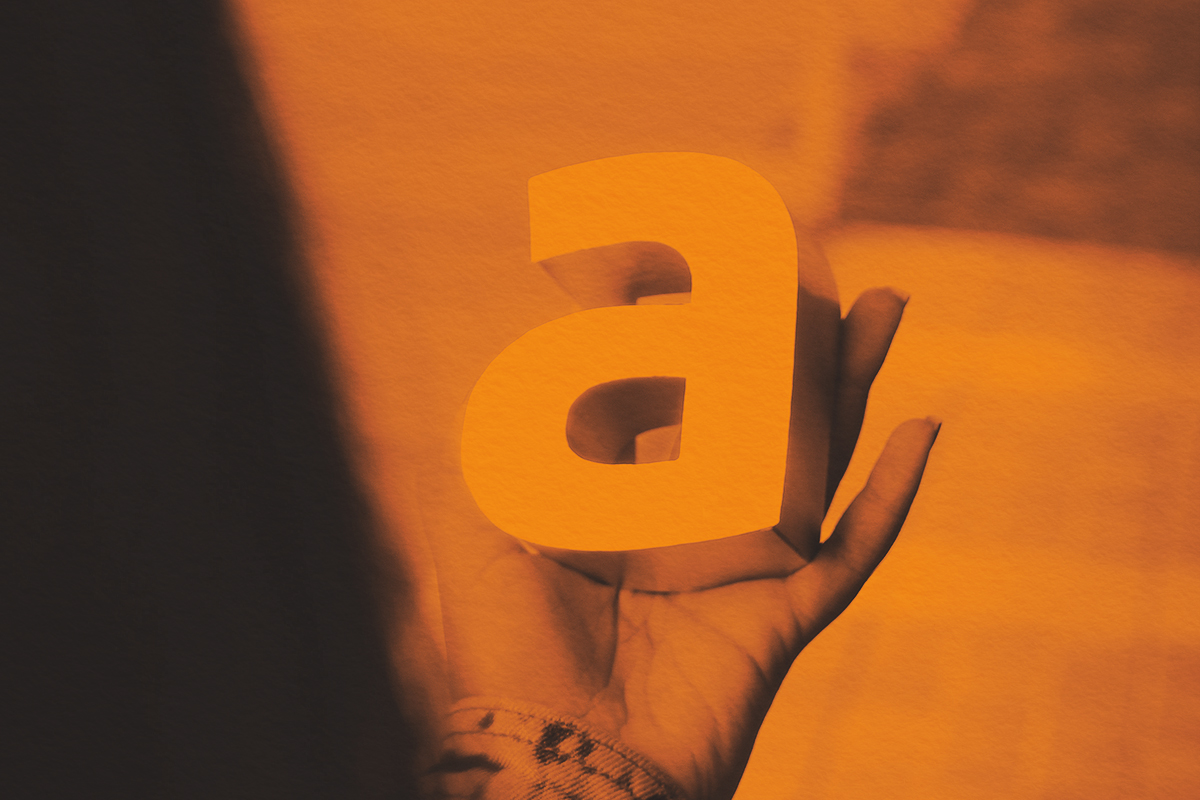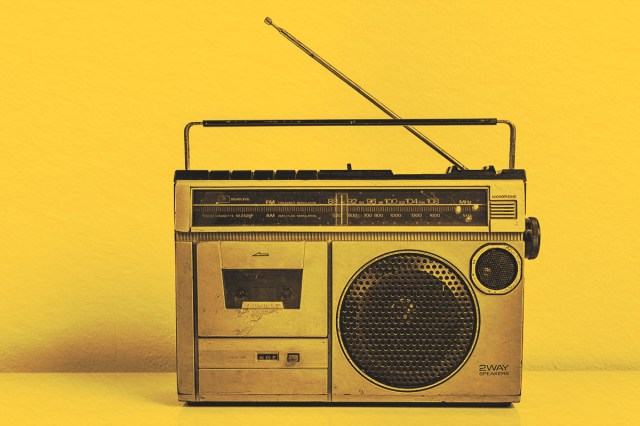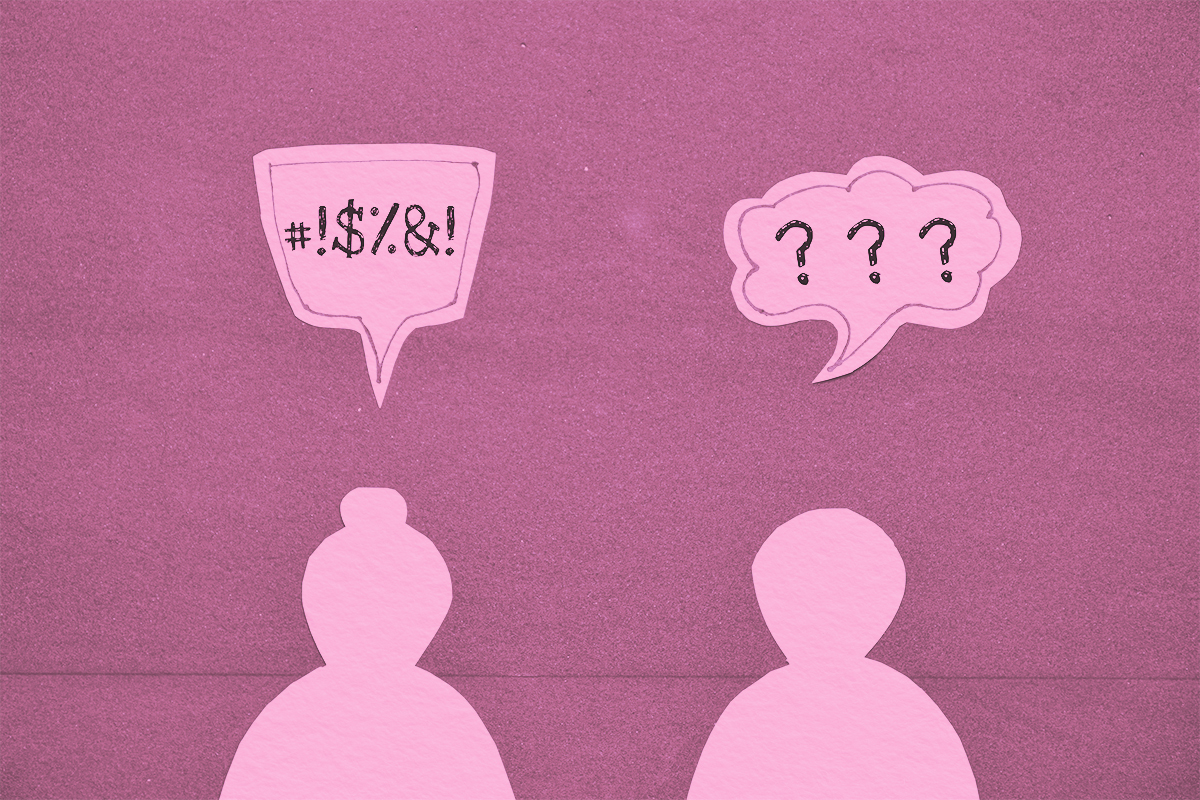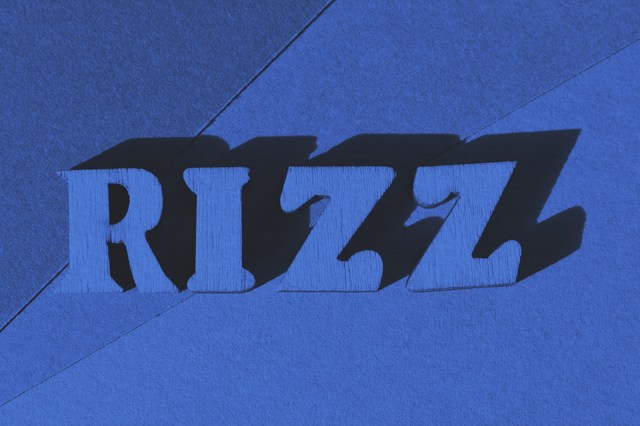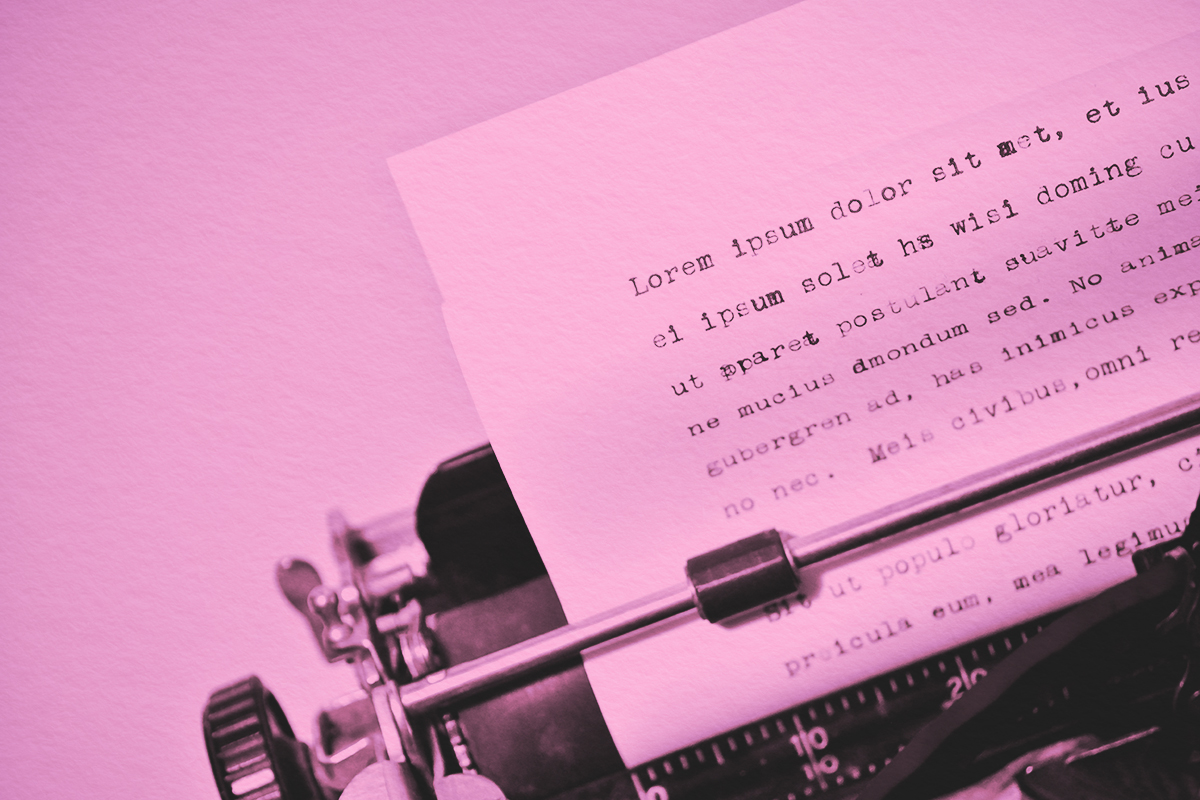
If someone sends a text that says, “i need to tell you something,” it might inspire worry about whether it’s good or bad news. But what if they added some emojis? “i need to tell you something 👀😉” — now we have the allure of some potentially hot gossip coming our way. Text-based communication has always lacked context, even before computers and smartphones, but there’s something about the ease of digital channels that makes it even more likely someone will misunderstand the nuance of a message.
In the early days of 1990s chat rooms and message boards, smileys (also called “emoticons”) conveyed a simple frown 🙁 or a wink 😉 with the keyboard, and the truly sophisticated could shrug ¯\_(ツ)_/¯. Soon, developers had an idea for image-based communications. The first emoji set was created in 1999 by Japanese artist Shigetaka Kurita for DOCOMO, Japan’s main mobile phone carrier. The 176 pixelated characters are now on permanent display at the New York Museum of Modern Art. Emojis exploded in popularity across Japan in the early 2000s, and by 2007, there was a petition in front of the Unicode Consortium to standardize the coding.
Unicode is a global nonprofit founded in 1988 to provide character-encoding standards, and getting the organization on board with emojis meant these tiny graphics were a legitimate form of communication. The turning point came when engineers from Apple and Google joined forces and submitted an official proposal to adopt 625 new emoji characters into the Unicode Standard. The proposal was accepted in 2010, bringing emojis under the purview of Unicode. That means Unicode decides what is included in the library of emojis, and provides guidance on what they should look like. Each vendor (Apple, Facebook, Google, etc.) has their own designers to dictate how the artwork appears on their platform, but the types of emojis that are available are consistent across the board.
Emoji 1.0 was released in 2015 with 722 emojis, and we’re now at Emoji 16.0, with more than 3,600 emojis including variations of faces, genders, skin tones, and more. Each new release contains dozens of emojis, or just a few new options. (We talked about the newest emojis in a recent edition.) But it’s a democratic process to select a new emoji: Anyone can submit a proposal to the Unicode Consortium, which might end up in a release. The key is to submit ideas that fulfill needs not served by existing emojis and have cultural importance.
For example, the Lime 🍋🟩emoji is one of the most recent additions to the lexicon, added as part of Emoji 15.1 in 2023. The proposal suggests multiple uses, including for “hanging out and socializing” and representing “the limelight.” The proposal writers offered: “Limes are visually and purposefully distinct fruits that have cultural significance around the world. Limes are of particular prominence in Asian and Hispanic culture due to their abundance in [crops] and inclusion in foods and drinks.”
What would you submit for an emoji proposal?

















